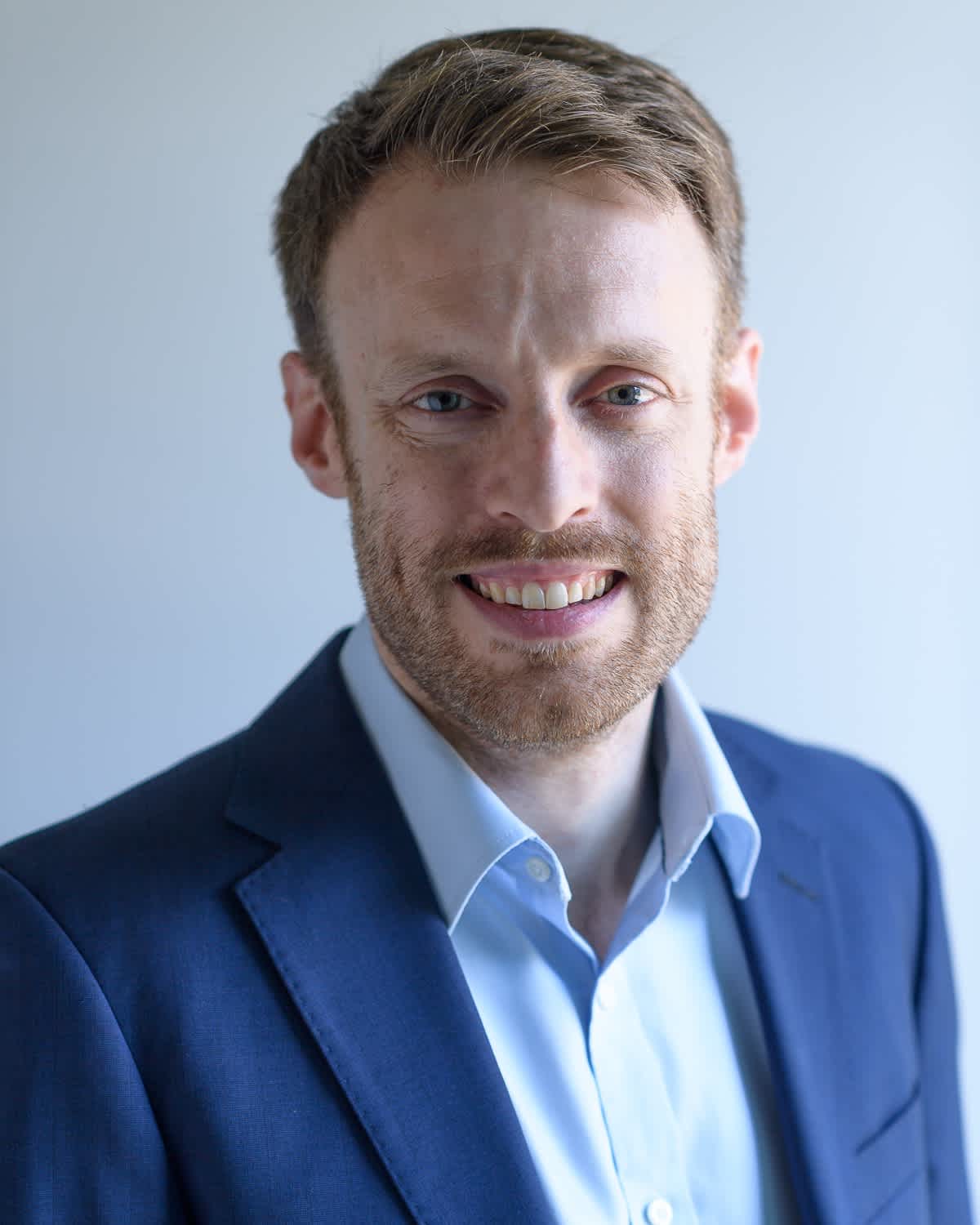Impact blog
Impact blog: The glass ceiling is global

International Women’s Day is a key moment for everyone, woman or man (full disclosure, I am the latter). And indeed 2019 arguably saw March 8th achieve its highest profile yet, with heightened awareness from the scandals and successes of the last twelve months. Yet amid the flurry of coverage (and ignoring its counterpart, those who view gender equality as solved/irrelevant/a conspiracy), it is important to reflect on what has been done, and what needs to be done, especially around the world.
Certainly, the world’s richest countries have seen substantial progress in the last few decades: the passing of key anti-discrimination legislation, a surge of women into the workplace, a steady rise in female participation in political and corporate leadership. A great deal still needs to be achieved - we are still far from 50% in many parts of society. And obviously, the #metoo movement has reminded us that a shocking number of women struggle to obtain even the most basic level of decent treatment in the workplace.
At the same time, much of the coverage in recent days has also focused, quite rightly, on the situation for the 3.1 billion women and girls – four in five women globally – living in the developing world. Developing countries were overrepresented in a recent World Bank report, highlighting different legal barriers for women: in 104 countries women are barred from certain jobs, 59 have no laws on sexual harassment in the workplace, while in 18 countries husbands can legally forbid their wives from working. Even when legal barriers are no longer in place, substantial cultural barriers persist, particularly in much of the developing world.
“In 104 countries women are barred from certain jobs, 59 have no laws on sexual harassment in the workplace, while in 18 countries husbands can legally forbid their wives from working.”
Paul Hailey, Head of Impact
Such obstacles reduce women’s access to essential services from birth to old age, creating an intrinsic link between gender and poverty. With no access to a bank account, no access to fertiliser for crops, no access to healthcare that caters for their needs, no access to quality education, and no access to formal employment, women are much less likely to achieve economic and, eventually, political empowerment.
“The number one growth area of the 2020s – as consumers, business owners, workers, managers and so much more – is women in the developing world.”
Paul Hailey
At moments like this, it is tempting to shake one’s head, tweet or write an email to your local political representative. Yet resolving this issue should not, and literally cannot, be left to governments alone. An estimated USD 4 trillion is needed every year to achieve the SDGs, yet only USD 1.5 trillion of this is provided, much of it by governments. This leaves USD 2.5 trillion missing, including funding for many areas especially important for women: health, education, sanitation, agriculture, access to finance. Boosting these sectors could do much to overcome the multitude of glass ceilings in place in the developing world. Yet only one source can bridge this gap – private investors. This number, seemingly huge, is only a small proportion of total global wealth, estimated at USD 317 trillion by Credit Suisse.
See women empowered through investing WATCH
The opportunity is made even larger by progress achieved already. Between 1999 and 2017, the number of girls enrolled in secondary education in developing countries increased by 50%, to 237 million. Enrolment at tertiary level is more than 300% higher, meaning that for the first time ever in the developing world, more women are attending university than men. Skilled women are thus entering the workforce and economy in unprecedented numbers. In other words, forget every insight or prediction you see on LinkedIn, Forbes or CNBC: the number one growth area of the 2020s – as consumers, business owners, workers, managers and so much more – is women in the developing world. Business models that include and cater to these women can create enormous benefit for themselves, their clients and their investors. Already 80% of the borrowers from microfinance institutions financed by the company where I work are women.
So as we celebrate the women in our lives, please, go wild on Instagram and Twitter, engage in the global dialogue. But remember that to make gender equality a reality, we must be willing to invest in women, too.

Paul Hailey
Paul Hailey is Head of Sustainability and Impact at responsAbility Investments and the author of various publications and articles. Previous roles at the company include Senior Research Analyst for the financial sector. He has an MBA from École des Hautes Études Commerciales de Paris (HEC Paris), where he is also a lecturer, and a B.A. (Hons) from Pembroke College, University of Cambridge.